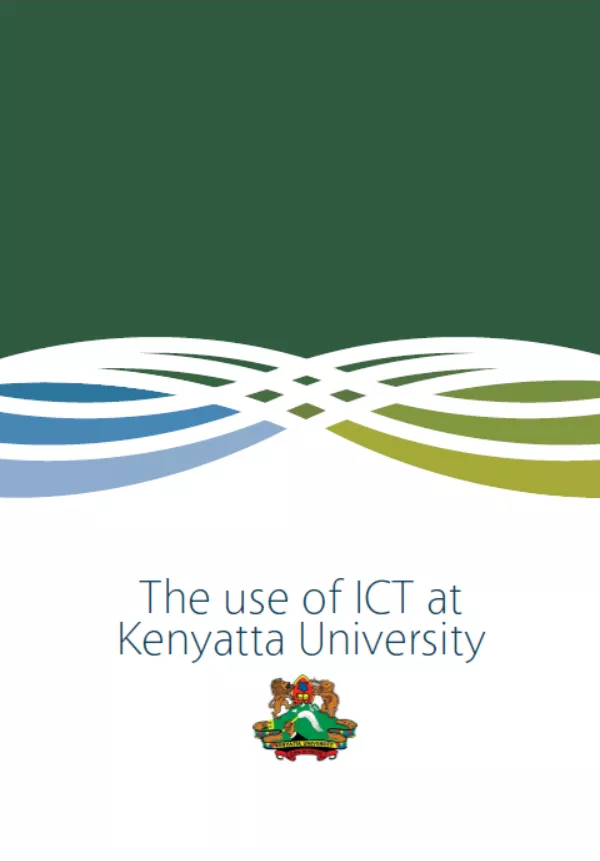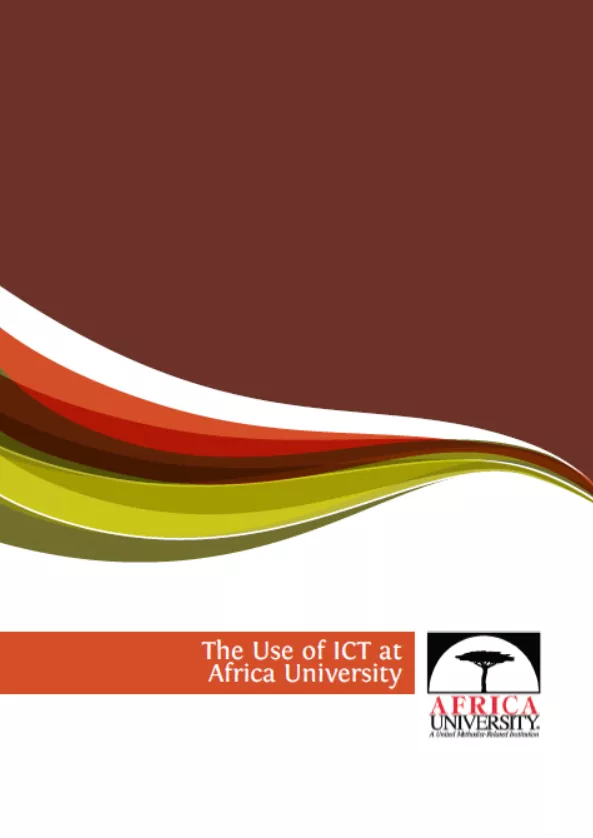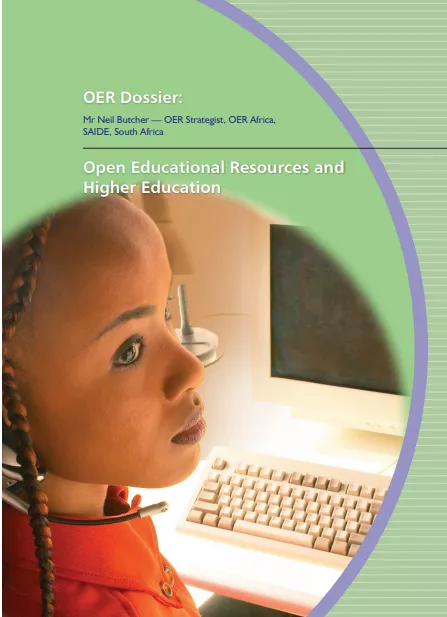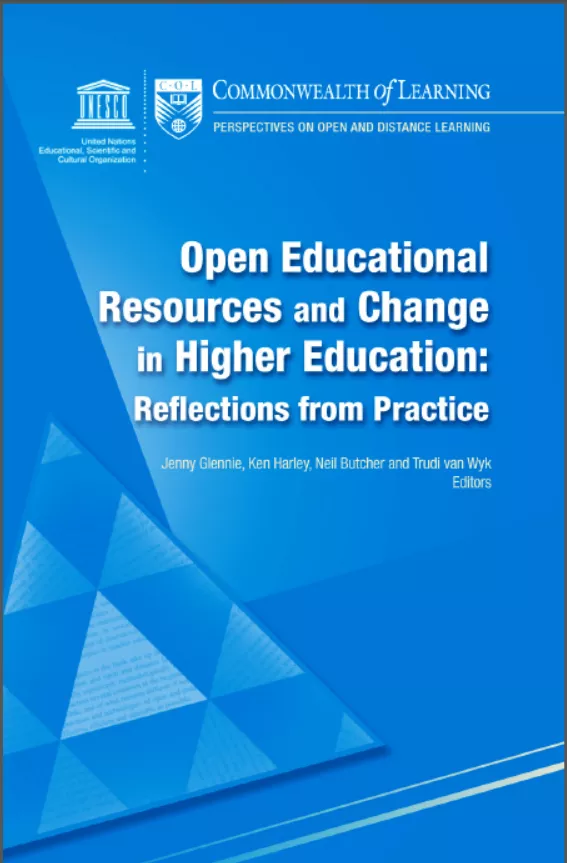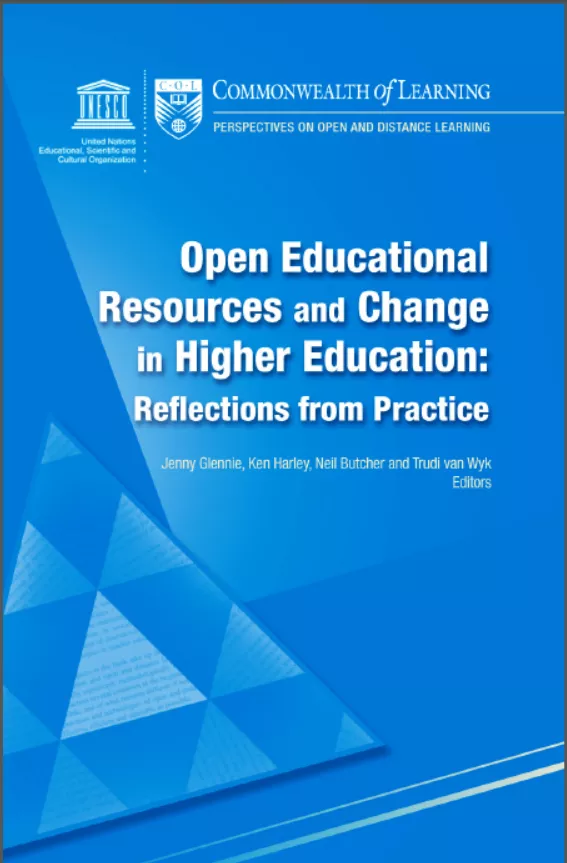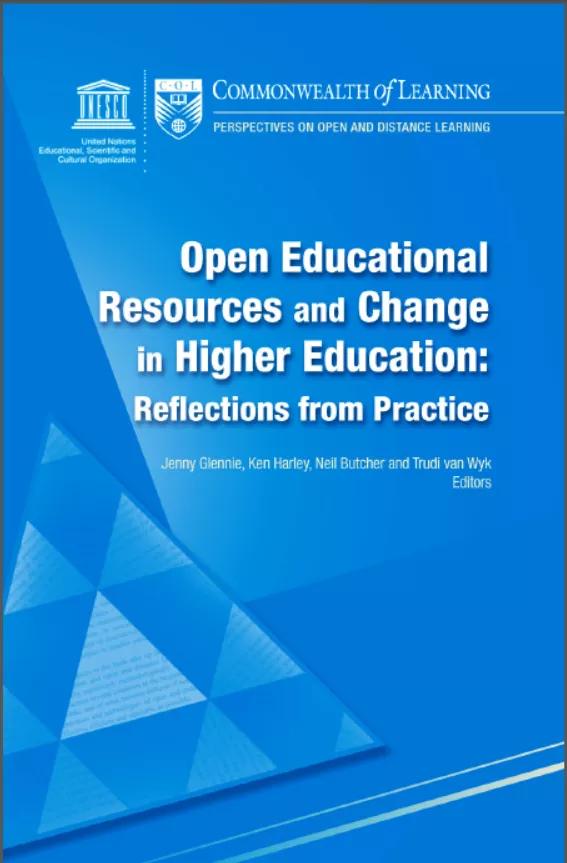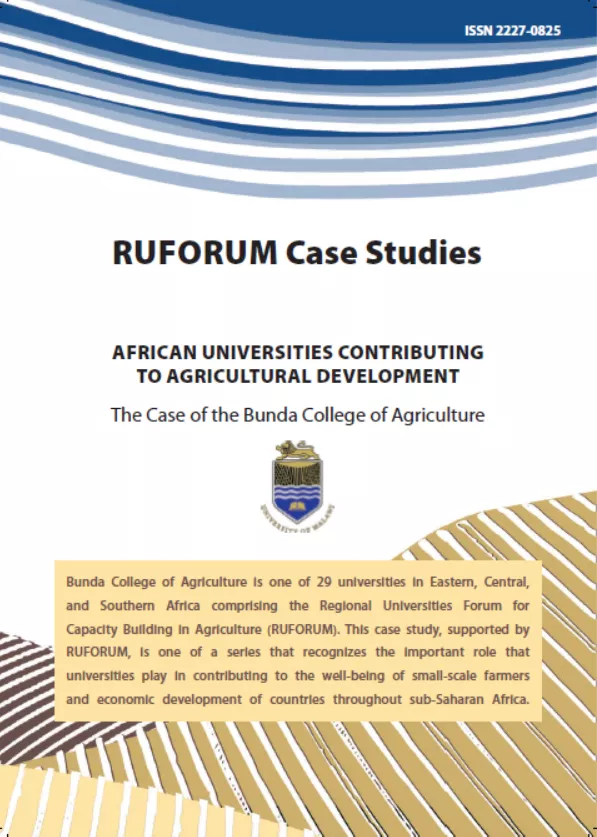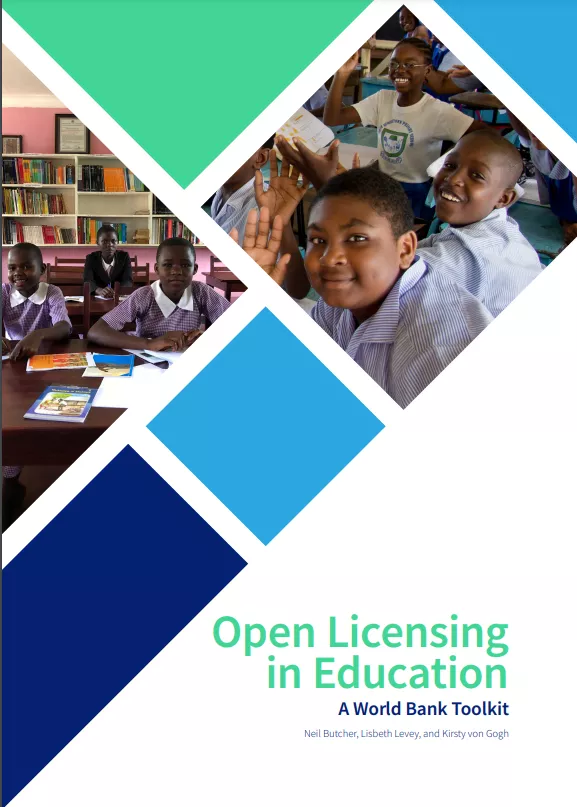
Harmonization of Higher Education Programmes: A Strategy for the African Union
In pursuit of the vision of an integrated Africa, the African Union Commission (AUC) has embarked on developing a strategy for harmonization of Higher Education Programmes (HEP) in Africa in order to foster cooperation in information exchange, harmonization of procedures and policies, and attainment of comparability of qualifications, in order to facilitate mobility of Africans across African countries for employment and further study. This paper provides an overview of existing harmonization initiatives globally and continentally.

